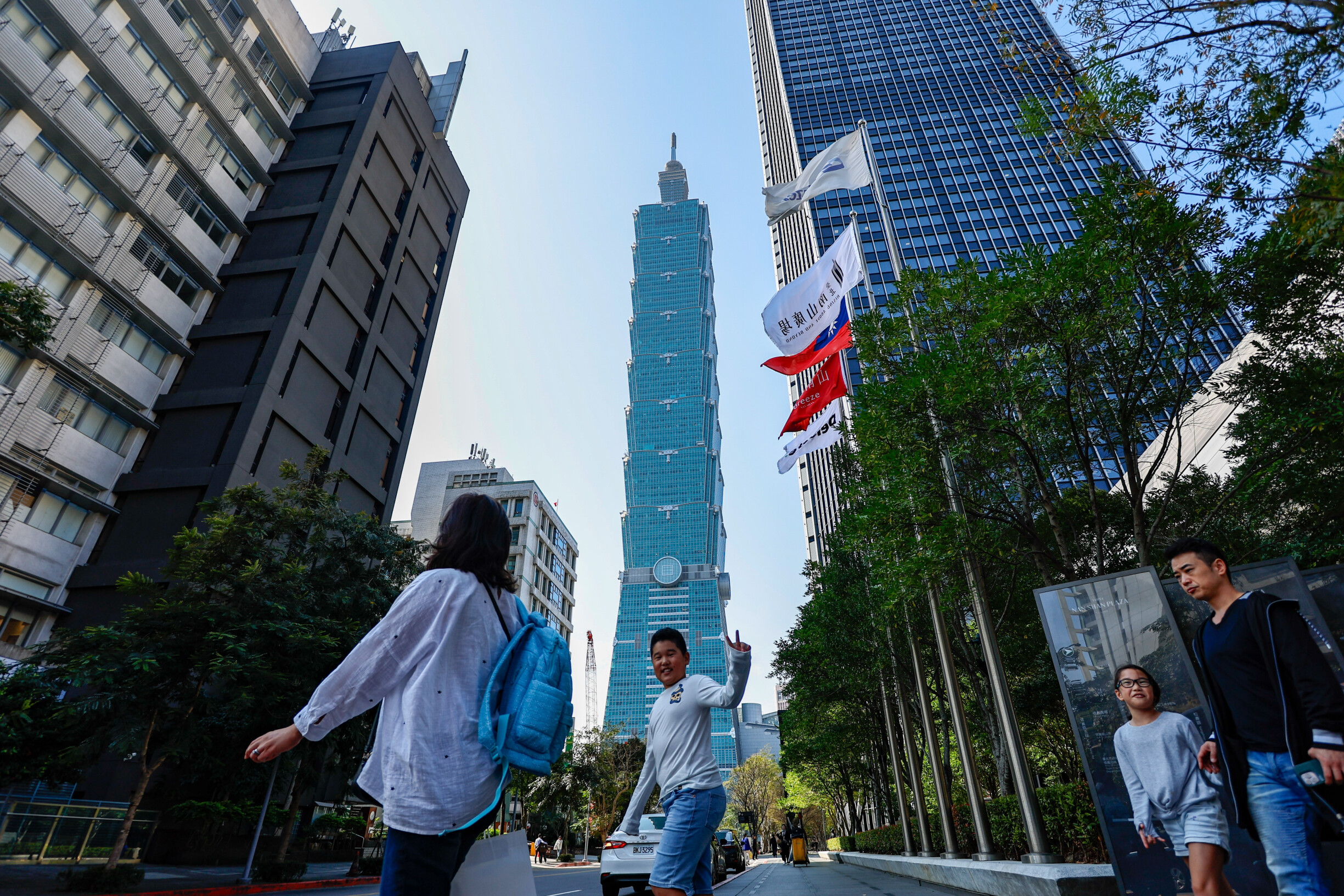Taiwan lost another diplomatic ally to Beijing yesterday, when Nauru, a Pacific island nation, announced that it would recognize the People's Republic of China and seek to restore relations between the two countries in the “best interests of the Republic and the people of Nauru.” in consideration. . This severing of ties comes two days after Vice President and Democratic Progressive Party candidate, William Lai, won Taiwan's presidential election with 40.05% of the vote, leaving Taipei reduced to a group of 12 states with those to hold. Diplomatic relations.
Through a brief statement, Nauru announced that it had begun to recognize the “one China” principle and that it would seek to resume full diplomatic relations with Beijing. The Pacific island government stressed in a statement that “Nauru recognizes the People's Republic of China as the sole legal government representing the whole of China and intends to resume full diplomatic relations” with that country, saying this change in policy is a first step towards “moving forward” the development of the republic. Small ocean.
Tian Chung-kwang, Deputy Foreign Minister of Taipei, believes that Nauru's decision constitutes a signal that China is “always trying to strangle Taiwan” on the international stage. He added: “We have full confidence in the countries with which we have good relations. “We will not fall into the trap of Chinese propaganda, but obviously we remain very concerned about the situation,” the official said in response to a question about whether Taiwan feared a “ripple effect” from its other diplomatic allies.
Later, the Taiwanese Ministry of Foreign Affairs stated on its official social media account. “Taiwan remains resilient and will remain a force for good,” the ministry said.
Beijing expressed its “appreciation” for the Nauruan government's decision. The Chinese Foreign Ministry stated that “Nauru, as a sovereign and independent country, announced its recognition of the “one China” principle, severed its so-called diplomatic relations with the Taiwanese authorities and expressed its readiness to resume diplomatic relations with China.” In the current situation. The same source said, “China appreciates and welcomes the decision of the Nauru government,” adding that Beijing is ready to “open a new chapter” in the relationship between the two countries.
In the opinion of Luis Cunha, a researcher at the Orient Institute (ISCSP/University of Lisbon), “This is clearly related to China and the way China reads the election results in Taiwan. China has tried to isolate Taiwan more and more and has succeeded.” Suffice it to say that in the eight years “In the past, which corresponds to Ms. Tsai's consulate, seven countries have stopped establishing diplomatic relations with Taiwan. I remember that China has also made diplomatic progress in the South Pacific islands and it is normal for more than one country to cut ties with Taiwan.”
This diplomatic advance by China in the region is accompanied by some loss of influence of the United States, Taiwan's major allies, in the Asia-Pacific region, according to Luis Cunha: “The latest Australian strategic document, which is an official document, states that the United States has left the United States being the unipolar power.” In the Asia-Pacific region, coming from one of Washington's great allies in the region gives some measure that the power of influence among allies that the United States once had is no longer quite the same.
“This does not mean that it is completely lost, because it is not. “We have a series of working alliances that the United States is working to strengthen, whether with Australia, Japan, South Korea or these countries with each other, which is a very strange fact,” the researcher highlights. That is, for example, at a military conference. On the level, “the news that Japan will manufacture Patriot missiles for the United States, which is very important. Therefore, there is a loss of American influence in the Asia-Pacific region, but it is very relative.”

“Hardcore alcohol maven. Hipster-friendly analyst. Introvert. Devoted social media advocate.”

